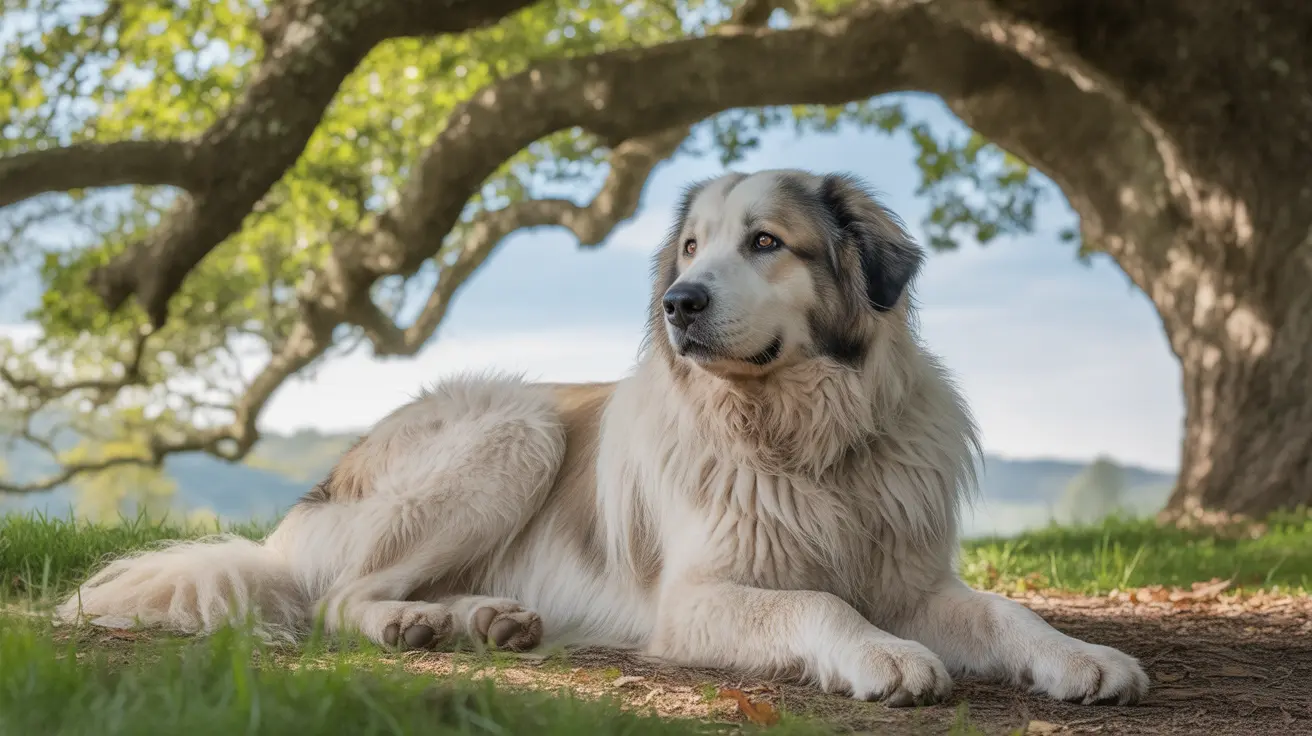Considering adding a wolf dog to your family? These striking and mysterious creatures capture our imagination with their wild beauty, but they come with unique challenges that potential owners must carefully evaluate. As hybrid animals combining domestic dog and wolf genetics, wolf dogs require specialized care, extensive knowledge, and dedicated resources that go far beyond typical pet ownership.
Before you commit to bringing a wolf dog into your life, it's crucial to understand both the rewards and significant responsibilities that come with these extraordinary animals. Let's explore the key aspects of wolf dog ownership to help you make an informed decision.
Understanding Wolf Dog Behavior and Training
Wolf dogs possess a complex blend of wild instincts and domestic traits that can make their behavior unpredictable. Unlike purely domestic breeds, these animals retain many of their wild ancestors' instincts, which can emerge unexpectedly even with proper training.
One particularly challenging aspect is the phenomenon known as "Winter Wolf Syndrome," where wolf dogs may exhibit increased aggression and territorial behavior during breeding seasons. This natural instinct requires careful management and understanding from their owners.
Training Requirements and Pack Dynamics
Successfully integrating a wolf dog into your family requires establishing clear pack dynamics from an early age. These intelligent animals respond best to consistent, firm training that respects their pack mentality while establishing boundaries.
Early socialization is absolutely critical. Without proper exposure to various situations, people, and other animals during their formative weeks, wolf dogs may develop severe behavioral issues that become increasingly difficult to address.
Physical Needs and Space Requirements
Wolf dogs are large, energetic animals that require substantial space and exercise to thrive. A typical wolf dog can weigh up to 150 pounds and needs several hours of daily physical activity to maintain both physical and mental well-being.
These animals are not suited for apartment living or small yards. They need secure, spacious enclosures with high fences and plenty of room to run, play, and explore. Without adequate space and exercise, wolf dogs often develop destructive behaviors born of frustration and pent-up energy.
Legal and Safety Considerations
Before considering wolf dog ownership, it's essential to research local laws and regulations. Many jurisdictions have specific restrictions or outright bans on wolf dog ownership, and these regulations can vary significantly between states and municipalities.
Safety concerns extend beyond legal considerations. Wolf dogs possess strong prey drives that can make them dangerous around small pets and potentially children. Their size and strength, combined with their wild instincts, require owners to maintain vigilant supervision and secure containment measures.
Alternative Options to Consider
For those attracted to the wolf-like appearance but concerned about the challenges of wolf dog ownership, several domestic dog breeds offer similar aesthetics with more predictable temperaments. Breeds like the Tamaskan, Northern Inuit Dog, and certain Husky varieties can provide the desired look while being better suited to family life.
Frequently Asked Questions
What are the specific legal requirements for owning a wolf-dog in my state or region?
Legal requirements vary by location. Contact your local animal control office or wildlife department for specific regulations. Many areas require special permits, proper containment facilities, and regular veterinary care documentation. Some jurisdictions completely prohibit wolf dog ownership.
How much space and exercise do wolf-dogs need to prevent behavioral issues?
Wolf dogs need at least 3-4 hours of daily exercise and a secure outdoor enclosure of at least 1,000 square feet. They require high fences (minimum 8 feet) with dig guards and regular environmental enrichment activities to prevent destructive behaviors.
Can wolf-dogs be integrated into households with small pets like cats or other dogs?
Integration with small pets is extremely challenging due to wolf dogs' strong prey drive. While early socialization can help, it's generally not recommended to keep wolf dogs in households with cats, small dogs, or other small pets due to safety concerns.
How do I train a wolf-dog puppy to ensure it behaves well with my family?
Training should begin immediately and focus on socialization, pack dynamics, and consistent boundaries. Professional guidance from trainers experienced with wolf dogs is essential. Training requires daily commitment and should involve all family members to establish clear pack hierarchy.
What are the health risks associated with owning a wolf-dog, especially regarding rabies vaccinations?
Wolf dogs present unique health challenges, including uncertainty about rabies vaccine effectiveness in hybrid animals. Many veterinarians may be unwilling to treat them, and finding appropriate medical care can be difficult. Regular health monitoring and preventative care are essential but can be complicated by their wild genetics.






